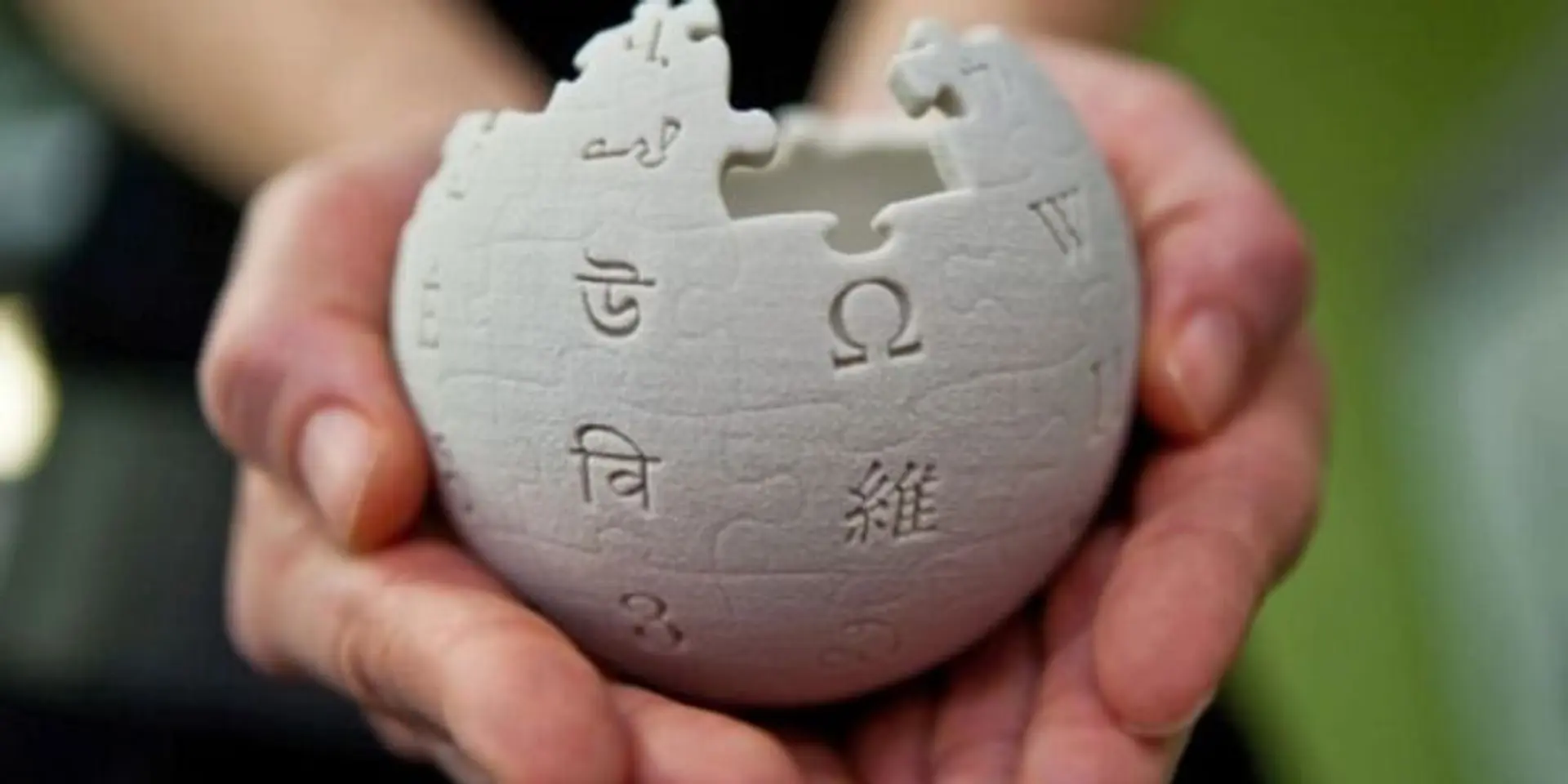Wikipedia unveils new universal code of conduct to address negative behaviour on the site
The 1,600-word Code of Conduct was created with the help of more than 1,500 Wikipedia volunteers across five continents.
Wikipedia's parent company, The Wikimedia Foundation, has adopted a Universal Code of Conduct in an attempt to create a set of community standards that will enable it to address negative behaviour on the site, the company said on Wednesday.
With more than 50 percent of the global population now having access to the internet, the company said it felt it was important to strengthen accountability for the content shared by Wikimedia's projects — including Wikipedia — as well as put in place a set of policies that will help it govern user behaviour.
The step taken by Wikimedia is important as the world becomes increasingly polarised due to content consumption-biases, and where social media websites are using users' data to conspicuously push political advertising.
"Our work is built around a radical premise that everyone should be able to participate in knowledge,” said Katherine Maher, CEO of the Wikimedia Foundation.
“Our new universal code of conduct creates binding standards to elevate conduct on the Wikimedia projects, and empower our communities to address harassment and negative behaviour across the Wikimedia movement," she added.
The Code of Conduct aims to create a "welcoming, safe, and inclusive environment" for Wikimedia's content creators and contributors, as well as create feedback channels that can address issues raised by creators, users, and other accessing the foundation's websites.
It will also help Wikipedia and other such pages combat false or inaccurate content — a problem the online encyclopedia often faces and receives criticism for.
The 1,600-word Code of Conduct was created with the help of more than 1,500 Wikipedia volunteers from 19 different projects, across five continents and 30 languages, the foundation said.
"In order to build effective guidelines, we collaborated closely with our global volunteer communities to learn their challenges and discuss ways to address them. The final code codifies their ideas and feedback in order to improve equal access to knowledge around the world," said María Sefidari, Chair of the Board of the Wikimedia Foundation, in a press statement.
The non-profit organisation will hold further conversations to better understand how local and regional Wikipedia offices will enforce the new standards.
Edited by Kanishk Singh



